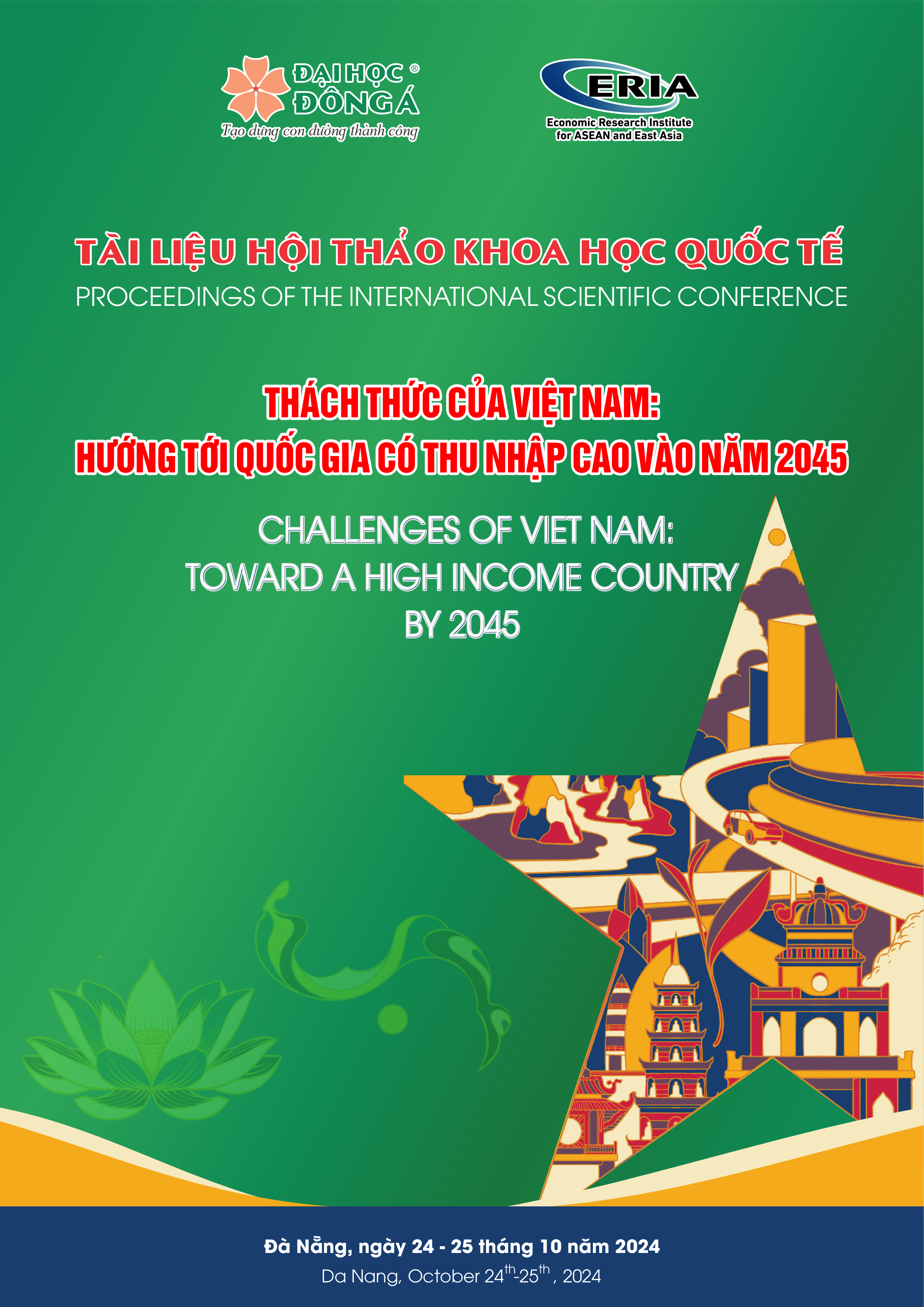New Wave of DX, 4IR, IOT and AI as a Tail Wind for Vietnam
Main Article Content
Abstract
Provides an overview of Vietnam’s industrial development. Since 2016, Vietnam's long-term economic growth has been slowing, due primarily to the depletion of conventional growth drivers. The traditional growth model, which heavily leaned on the expansion of production factors like land, labor, and capital, had virtually reached its limits. To propel economic growth, Vietnam has placed a strong emphasis on innovation and digital transformation. The development of the digital economy is anticipated to drive income growth, with the ultimate goal of achieving high-income status by 2045. Vietnam's industrialization policy shifted toward the manufacturing sector in the early 2000s, with an emphasis on protection strategies for various industries. However, the country's industrial policy faced challenges in adapting to changes in the Fourth Industrial Revolution (4IR) and digitalization trends. As the drivers of growth towards 2045, digital transformation, Industry 4.0, and innovation are emerging trends. Artificial intelligence (AI) and the Internet of Things (IoT) are playing a crucial role in upgrading the manufacturing sector. The IoT market in Vietnam is growing, and the adoption of AI and automation can enhance manufacturing efficiency. The government's Resolution on 4IR in 2019 sets a vision for Vietnam to become a leader in smart manufacturing and innovation in Asia by 2045. To achieve a digital economy, Vietnam must address various challenges, including improving coordination amongst government agencies, revising technical standards, enacting fundamental laws to support digital transformation, and fostering digital-savvy human resources.


